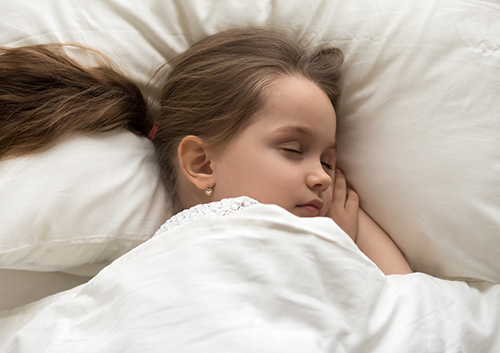What to Do When Your Child Has a Loose Tooth
August 11th, 2021

When your child loses a tooth for the first time, you both have a lot to look forward to. Sharing in the “I’m a big kid!” excitement. Tales of the Tooth Fairy or other traditions to mark the occasion. Seeing the start of a beautiful grown-up smile.
But before that baby tooth wiggles all the way out of your child’s mouth, let’s talk about how to handle a loose baby tooth.
- Be mindful of your children’s feelings. Reassure them that this is a normal part of growing up. If they are anxious about losing a tooth, there are children’s books which can help ease their fears in a soothing and entertaining way.
- Crunchy and healthy foods like carrot sticks and apple slices can help the tooth fall out naturally—and nutritiously!
- Encourage careful wiggling. No need for children to yank or pull—time, and a child’s own gentle wiggling with tongue or clean hands, should do the trick. If wiggling the tooth is painful, it might not be ready to come out just yet.
- If a tooth absolutely is ready, but just won’t come out, you can help your child without resorting to a string and a doorknob. Give our Roseville, CA office a call for some suggestions for helping that baby tooth on its way to the Tooth Fairy in a timely—and gentle—fashion.
And if a tooth is clearly loose before its time? Should you encourage its exit?
Probably not. Baby teeth are temporary, but they’re important for your child’s development. They help with speech production, eating and chewing, and serve as placeholders so that permanent teeth can erupt in the right spot at the right time.
There are some situations when a loose baby tooth means a visit to the dentist is in order:
- Baby teeth usually fall out over a period of years, generally from ages 6 through 12. Since children’s teeth tend to fall out in the same order they arrived, if a molar is loose before the front teeth start to wiggle, give your dentist a call.
- If your child suffers a fall, or a sports injury, or any kind of accident that leaves a tooth or teeth loose, call your doctor or dentist right away to make sure there are no serious injuries or chance for infection.
- Any time you feel a tooth is loose that shouldn’t be, make an appointment with your child’s dentist.
Finally, we’ve been talking about loose baby teeth, but loose permanent teeth are another matter entirely.
If you child has a loose permanent tooth due to an injury, or a bad bite, or night-time bruxism (tooth-grinding), or for any other reason, it’s important to call for an appointment immediately. Drs. Sidney and Jacob Kelly will be able to pinpoint the cause of the problem and can offer some solutions. In the meantime,
- Make sure your child eats soft foods, and tries to eat on the opposite side of the loose tooth.
- Keep the area clean with gentle rinsing instead of brushing and flossing.
- Tell your child not to wiggle it! If the bone or ligaments holding the tooth in place have been damaged, playing with the tooth can make it looser.
A loose baby tooth is a step in your child’s journey to a beautiful, healthy adult smile. Reassure, encourage, and help your child through this rite of passage—and don’t hesitate to call on Drs. Sidney and Jacob Kelly for advice!



